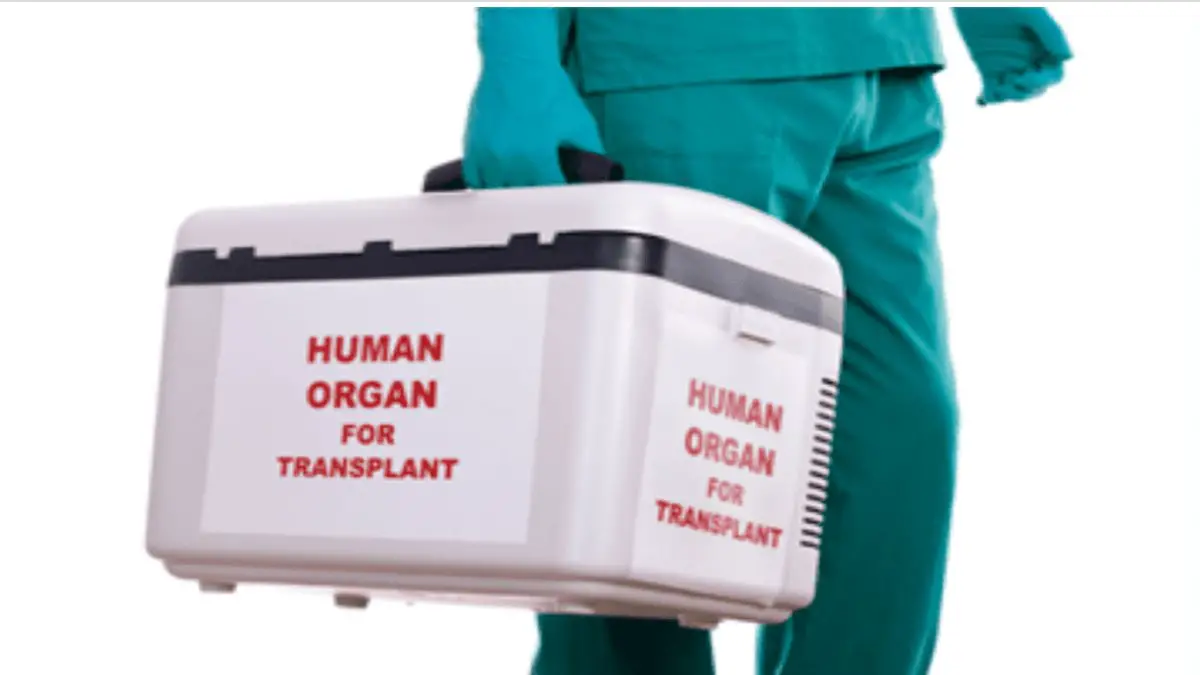A Kentucky man, believed to be dead, was wheeled through a hospital corridor for what doctors called an “honor walk.” His family watched in grief, unaware that the man they were mourning was wide awake. Not to mention terrified and trapped in a body that refused to move or speak.
What was supposed to be a somber farewell nearly became a medical horror story straight out of a nightmare. It wasn’t until he reached the operating room where surgeons prepared to harvest the Kentucky man’s organs that the unthinkable truth came to light. He wasn’t dead at all.

Image Source: Unsplash
The 33-year-old patient, TJ Hoover, had been declared brain dead after a suspected overdose days earlier. His sister, overcome with grief, agreed to honor what she believed were his final wishes. To become an organ donor.
Doctors began preparations to remove his kidneys and pancreas, all while Hoover lay silently aware of every terrifying moment. His eyes darted around the room, desperate to alert someone, anyone, that he was still alive.
According to Facebook and various news reports, Hoover ultimately survived being taken off life support. An outcome that raised immediate red flags about how such a catastrophic misdiagnosis could happen in the first place.
A Disturbing Pattern Emerges
As horrifying as this case sounds, it’s far from an isolated incident. Investigators have since discovered that the same nonprofit responsible for coordinating transplants, Kentucky Organ Donor Affiliates (KYDA), has faced multiple complaints over questionable procedures. A federal investigation uncovered 73 separate instances in which organ removal surgeries were allegedly carried out. Or nearly carried out on patients showing signs of life.
“This is more common than people would imagine, and it is even worse in pediatric units,” one Facebook commenter writes.
“Unfreakin’ believable how someone could go through that,” one more states.
“This is why I took organ donation off of my driver’s license,” another shares.
Even more unsettling? One of the individuals connected to the case, a former KYDA executive, is reportedly still working in the organ procurement field and earning a substantial salary. Critics say the findings reveal deep flaws in oversight and accountability within the organ donation system. A system that’s supposed to save lives, not jeopardize them.
Hoover’s case sparked a nationwide review by the Health Resources and Services Administration (HRSA), with lawmakers demanding tighter regulations and more transparency. It’s a chilling reminder that, in the rush to save one life, another can nearly be taken by (video) mistake.
Now, nearly four years later, disturbing new details are coming to light. A new investigation, which includes testimony from two former Kentucky Donor Affiliates (KYDA) employees, has reignited outrage over what really happened that night. One insider, who claimed to have been in the operating room, described how the organ surgery was halted at the very last moment—just before the unimaginable could occur.
Four Years Later
Today, the 33-year-old survivor is under the care of his sister, Julie Bergin, who, in a surprising twist, once served as KYDA’s president and CEO. Despite the controversy surrounding the organization, she continues to work in the organ procurement field. Now reportedly holding an executive position at a major company with an impressive annual salary of $367,900, according to The Mirror.
Organ donation remains one of the most selfless acts a person can make. Stories like this one shake public confidence to its core. If a man can be declared dead and nearly dissected alive, what does that say about the system meant to protect both donors and recipients?
The Kentucky incident isn’t just an error. It’s a warning. And for many, it raises a haunting question. How many others have come dangerously close to the same fate without anyone ever knowing?

